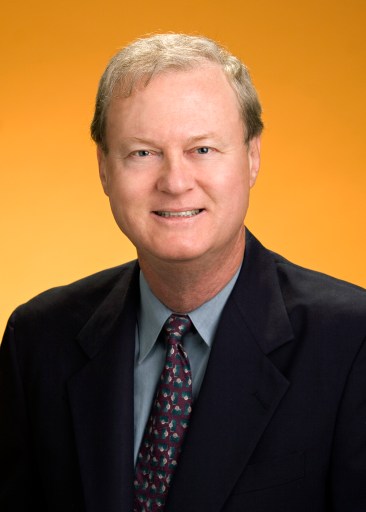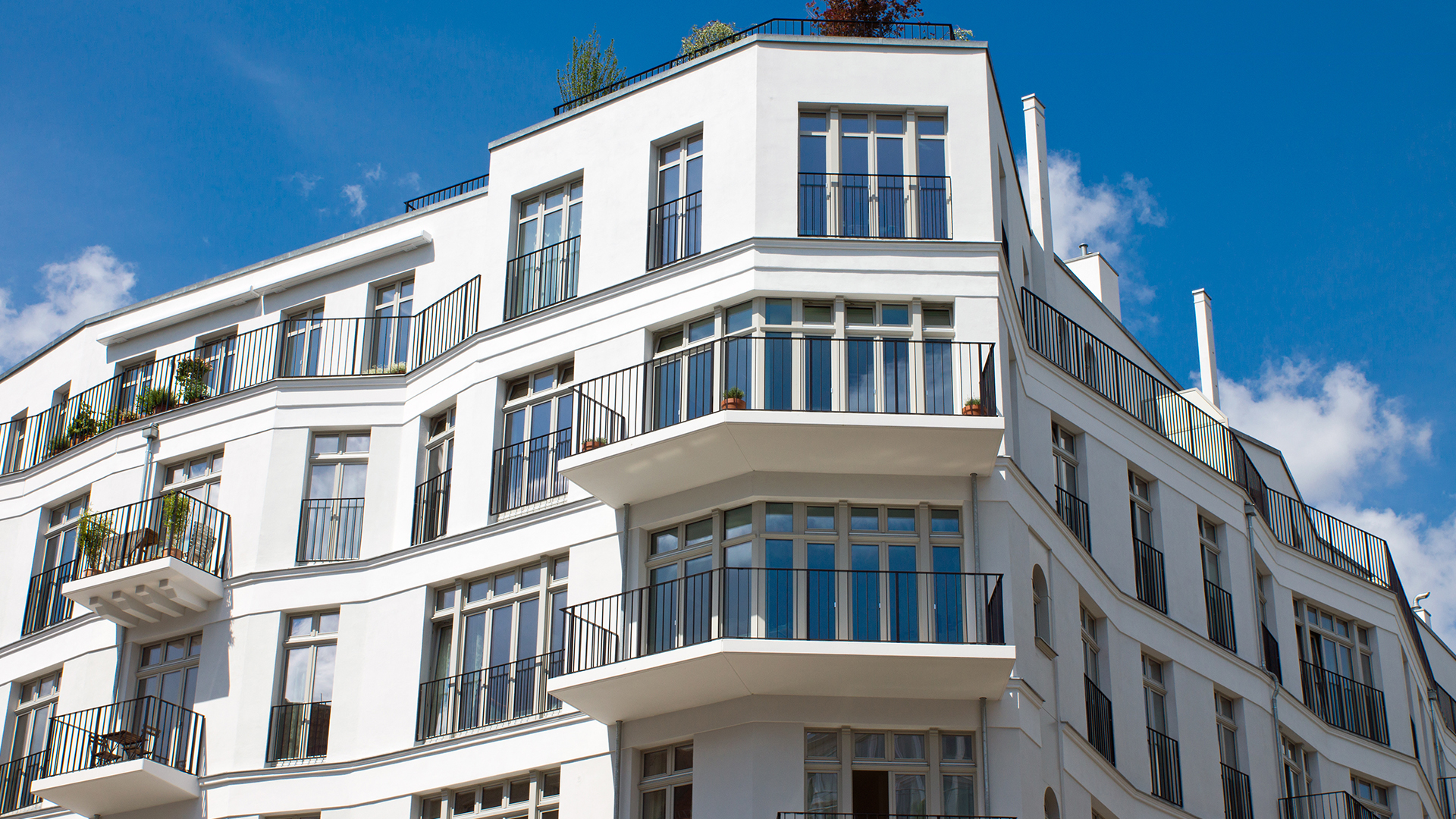
We recently caught up with Australia native Bernie Devine, who leads sales and business development across Asia from Yardi’s Hong Kong office.
Bernie, please tell us about your journey from Sydney to Hong Kong.

Devine: It was an indirect route! I started out as a CPA and economist. But I’d always had an interest in technology and how it supported the operations of the real estate companies whose assets I was responsible for.
My focus has been helping clients scale and grow, create efficiencies and gain better insight into their business. Several years back, I had an opportunity to lead a team on a project in Dubai in the United Arab Emirates. When that role ended, my wanderlust didn’t. I’d known of Yardi for many years, having encountered them through my work leading and supporting property technology start-ups across Australia, the U.S. and Europe. When I learned more about the opportunity to grow Yardi’s presence in Asia, it felt like the right fit for me. The region is very diverse, encompassing mature markets for property management as well as emerging ones, and every day provides a fresh challenge.
Q: How is real estate in Asia is changing?
A: There are two key areas of change. Firstly, as markets mature, rents surpass many developed countries and wage costs rise, real estate companies are putting greater value on accurate data and robust process. Secondly, coworking has taken off at an amazing growth rate.
It is estimated that Asia already has the most coworking sites globally, with about 4,000 and growing. This is about 800 more than the U.S., according to a report by East West Bank in June 2018.
Most of these coworking sites are located in China, which is a hub for shared and flexible workspaces will have an estimated 5,000 spaces by 2020. Both local and global corporations there have found that flexible space allows them to quickly and efficiently make changes to their business as the size and composition of their teams change.
The popularity of this relatively new asset class is mirrored in Hong Kong and Singapore. Asia always seeks to be at the forefront of change, so it is interesting to see how quickly coworking has been adopted.
The technology that underpins businesses operations in Asia is also changing: Real estate professionals are increasingly abandoning spreadsheet programs for cloud-based solutions. This means they can work smarter, rather than harder, with centralised information that’s easily shared, with no duplicate or manual processes, and accessible on the go and in real time.
Q: How does Yardi meet those needs?
A: A key part of our value proposition is that we bring process to real estate. Coherent information, process and standardization are critical for effective business growth, and we provide the platform that supports all the processes across the lifecycle of investment, asset and property management.
The Yardi Commercial Suite, including Yardi Voyager Commercial, Yardi Job Cost and Yardi Advanced Budgeting & Forecasting, are well known in the local market for helping businesses enhance performance, integrate operations, and streamline internal and external reporting. We also expanded our P2P (procure to pay) suite to include VENDORCafé, Yardi PAYscan and Email Processing Services. Users of these products have documented savings of up to 80% on per-invoice costs and 75% on per-invoice processing time. We’re excited to demonstrate how a single connected solution makes day-to-day business activity simple and efficient.
Next on the roadmap is the release of new products specifically for the coworking and build-to-rent (ie residential) markets, as well as Yardi Elevate, which provides in-depth operational data and predictive insights, and Yardi KUBE, our new coworking suite.
Q: What’s most important to Asian real estate companies?
A: In Asia, it’s all about “show me”—how this works, who’s using it, why it’s valuable. Fortunately for us, we’ve had a presence in the Asian real estate industry for the past fifteen years, which started with a handful of clients and now includes the largest investment and asset management firms, publicly listed REITs, developers and owner & managers of commercial real estate across the markets in Asia. ,
The other thing they all have in common is the desire for authenticity. We’re very local and our teams in Hong Kong, Shanghai, Singapore and Tokyo understand the market that our clients operate in and use that expertise to serve them.
Q: What are you most looking forward to in the year ahead?
A: It’s an exciting time, and there’s a lot to achieve! I think we’ll continue to see significant growth in our residential and commercial offerings, and we’re well positioned to meet emerging needs in shared space and energy management as well. Looking at how our footprint has grown—and how we’ve supported our clients with our growth—makes me very optimistic about 2019.



